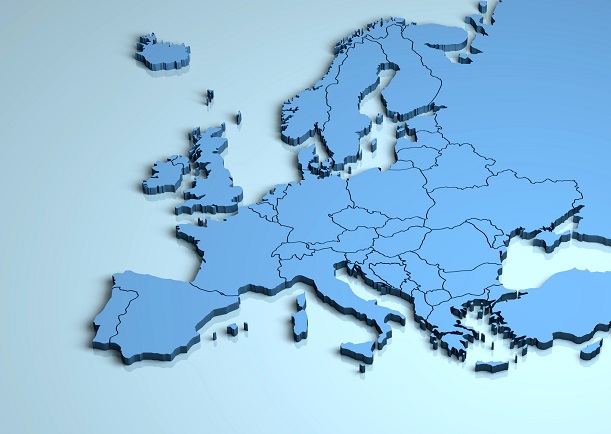The company’s plight could impact the continent’s telecoms infrastructure, which Strand Consults reckons to be two years behind Asia and the US in the rollout of 5G.
There is no consensus in Europe regarding using Huawei kit for 5G and in other networks. UK government agencies have advised against British network operators using equipment from the Chinese giant in national infrastructure. BT is removing Huawei devices from its core 3G and 4G network, and in December confirmed it will not use Huawei for its 5G infrastructure, superseding a technology agreement set up in June.
Portuguese operator MEO signed a contract with Huawei last December, while a Polish government minister wants the EU-wide and NATO to present a united front on the matter, having caught an Huawei employee engaged in industrial espionage — a charge the US has just added to the list of offences it plans to prosecute Huawei for, which includes busting international sanctions.
In the space of a week, Germany has gone from demanding evidence of wrongdoing before taking action to bowing to pressure and joining the countries who view the Huawei as a security risk. Norway says it is looking at ways to reduce Huawei-related vulnerabilities. Orange says it won’t the Chinese manufacturer’s gear in its home country but might deploy it in other European opcos such as Spain.
The Czech cybersecurity agency suggested that Chinese companies have no choice but to comply if their cooperation is requested by the Chinese security forces.
Buying market share?
On top of everything else, there have long been allegations that the Huawei could undercut European and American telecoms equipment companies and ‘buy’ market share because it was bankrolled by the Chinese government.
Whatever the truth of these complex matters, Huawei is seen by many as being substantially ahead of its competitors with its 5G products and expertise. As Europe’s telecoms operators continue to lag their counterparts in the ‘developed’ parts of the world, much of which they blame on EU regulation, it looks like it won’t only be Huawei who suffers.
On the upside, some smaller European countries and the third and fourth network operators in larger ones too (cf Orange’s possible approach outlined above) might persevere with Huawei for 5G and steal a march on their larger rivals (assuming they are not prevented from doing so by governments and regulation).



